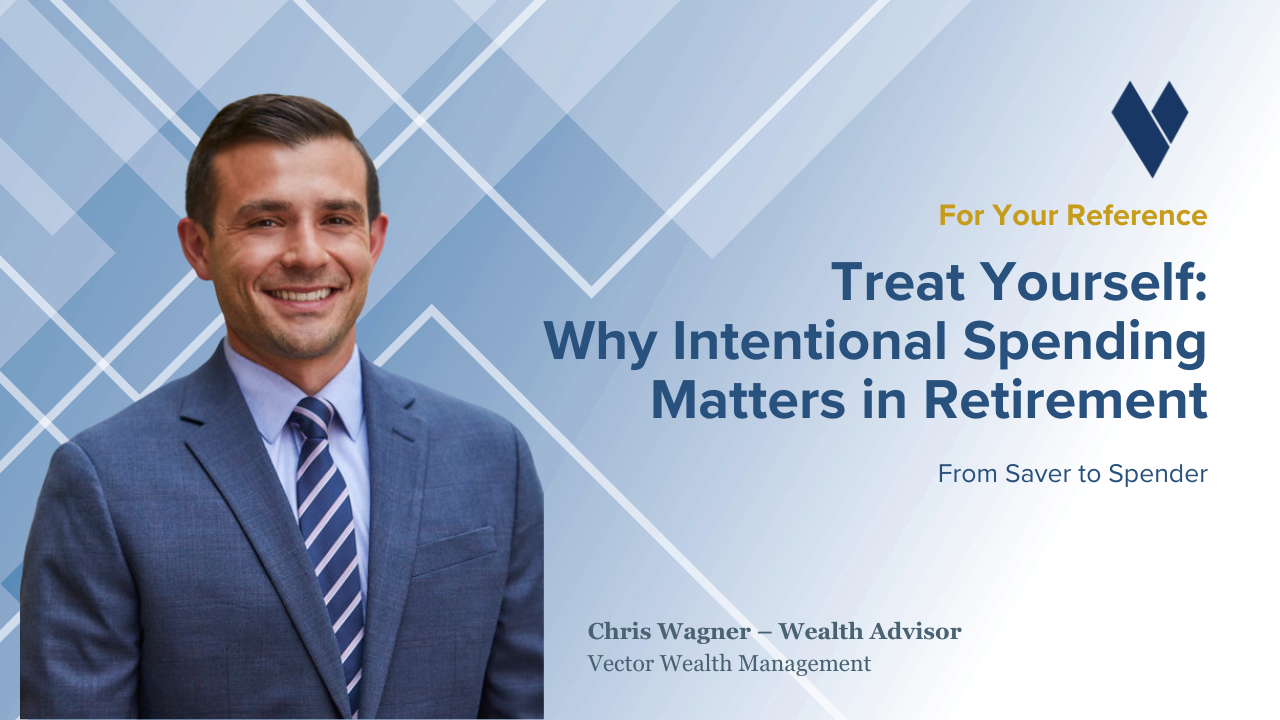
BLOG POSTS
Treat Yourself: Why Intentional Spending Matters in Retirement
If you’re hesitant to spend—even when your plan says you can—you’re not alone. This episode explores how small, intentional choices can help shift the mindset from saver to spender, adding comfort, joy, and purpose to your retirement.
A Taxing Story: Capital Gains and Losses
Chris Rock once remarked, “You don’t pay taxes – they take taxes.” Capital gains result when an individual sells an investment for an amount greater than their purchase price.
Target Date Funds and Retirement What’s Next?
What got you to retirement isn’t necessarily what’s going to get you through retirement optimally. That’s where personalized planning comes in — not just managing risk, but building a strategy that supports how you actually want to live. (Podcast)
Hot Coffee & Ice Cream - Asset Allocation
Asset Allocation - The idea behind asset allocation is to offset any losses from one class with gains in another, and thus, reduce the overall risk of the portfolio. (article)
Weddings and Financial Planning with Joe Grochowski
In this episode of Vector's Well Balanced podcast, Ezra Firkins and Joe Grochowski discuss the financial aspects of planning for weddings, particularly focusing on how parents can support their children while managing their own retirement plans.
Avoiding Cognitive Decline
There are three basic forms of cognitive decline associated with aging. This article suggests strategies to help manage cognitive decline. (article)
Understanding the 10X Retirement Savings Rule
Having 10 times your annual income saved by retirement is a financial planning rule-of-thumb—but what does that actually mean for your household? This discussion breaks down the numbers, strategies, and personal factors to help you understand what is involved. (podcast)
Art, Math and Financial Planning with Emily Victory
Our guest Emily Victory blends mathematics with artistic expression, drawing inspiration from patterns found in nature and architecture. In this podcast, she joins Vector’s Sharon Calhoun to explore curiosity, structure, and creativity in art and financial planning.








